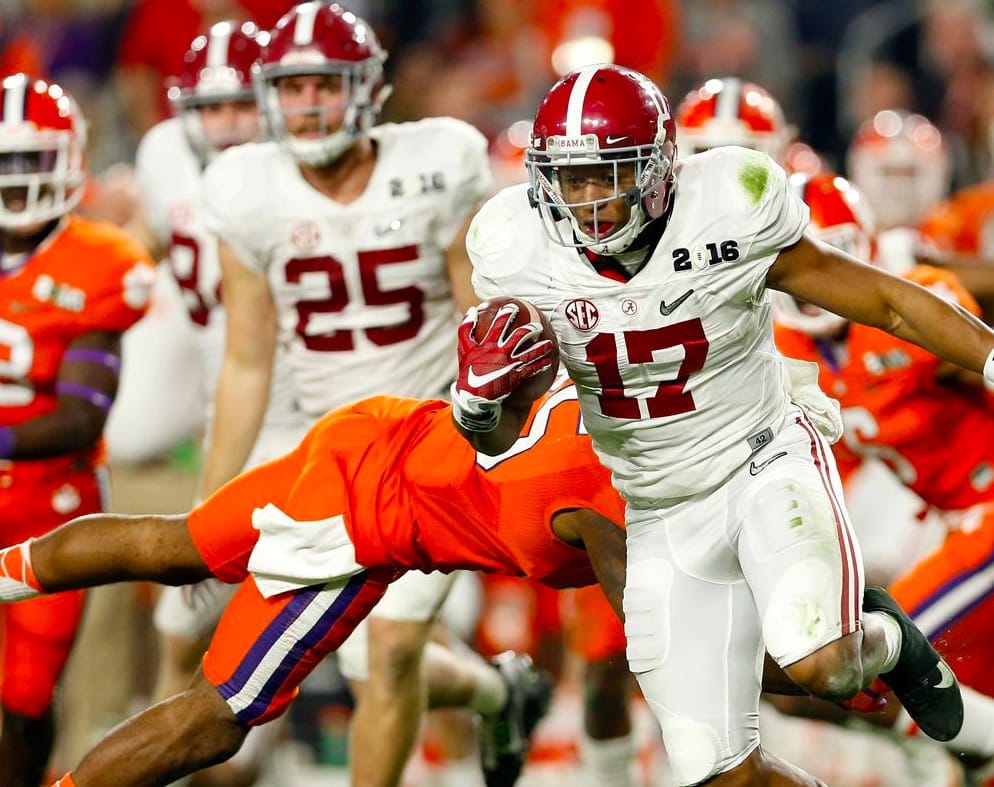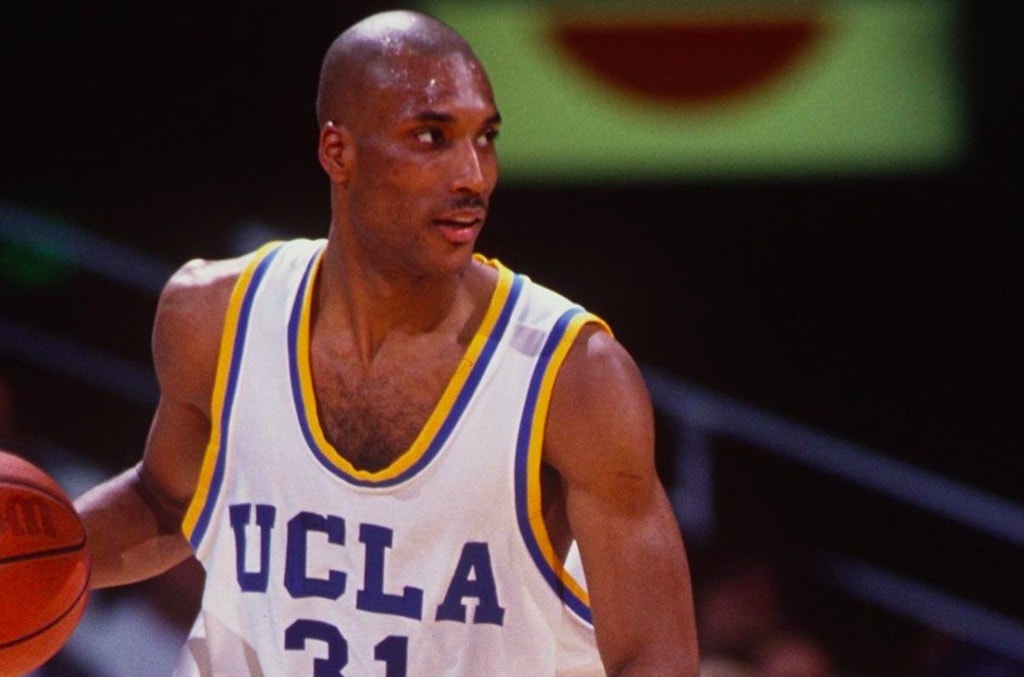For anyone who didn’t know, the NCAA or the National College Athletic Association is the body that governs all college sports in the United States of America. It is essentially the same as the National Football League or the National Basketball Association, except with one key difference. In the NBA and NFL, all of the players are paid professionals. But in the NCAA they all have to be unpaid amateurs just to maintain their eligibility. It is the NCAA’s job to sanction the games, dole out punishments, and award championships. They have been at it for more than 200-years, and for everything bad anyone could say about them as a governing body; they are responsible for the overwhelming excitement of March Madness, the college football Bowl Series, and everything else America has come to love about college sports.
Bully for you
It may be a little known fact but it was actually President Teddy Roosevelt who was credited with creating the NCAA. In the late 1800s, many colleges were abandoning their football programs because of how brutal the game was. But Roosevelt thought football was a character-building activity so he met with the presidents of Harvard, Yale, and Princeton to establish a governing body to oversee college sports. That body would wind up being called The Intercollegiate Athletic Association, but in 1910 that name would be changed to the National College Athletic Association that we know today. It was first established mainly for college football, but their jurisdiction would grow to include all major college sports.
Always amateurish
The golden rule of the NCAA is that you must remain an amateur to maintain eligibility for NCAA sports, no two-ways about it. That is why there are so many people tasked with keeping teams honest. It’s not just a paycheck or cash payouts that can cost a player their eligibility either. Cars, clothes, houses, and a slew of other luxury items have been used to compensate players for their efforts. Maintaining the sanctity that separates the college athlete from the professional is quite possibly the most paramount task for the NCAA. Such is the reason why some of the harshest punishments the NCAA has ever had to dole out were toward schools that were violating that line in the sand.
Union busting
Since NCAA athletes cannot be paid in order to maintain their amateur status, they are not designated as employees, and therefore cannot unionize. In 2015 a contingent of North-Western football players attempted to form a union. The National Labor Relations Board unanimously ruled that the student-athletes are not employees and cannot form a union. Their amateur status disqualified them from collective bargaining and other forms of union organizing.
But that’s my face
In 2014 UCLA star basketball player Ed O’Bannon took on the NCAA in court suing the league over the use of player likenesses in a popular licensed NCAA college basketball game. O’Bannon didn’t accomplish all of his goals, but he did leave the door open for other ambitious players to walk through if they also wish to challenge the league on this issue in the future. College sports video games are huge money makers and the outcome of a suit like this could have millions of dollars involved.
NCAA rules
According to NCAA rules, players simply cannot be paid under any circumstances. However, amid possibly the loudest call for reform of those rules in the NCAA’s 200-years governing over college sports, the State of California passed a law stating student-athletes can seek representation and make money off of endorsement deals. This ruling prompted the NCAA to announce they are going to reevaluate their rules regarding payment of student-athletes.












